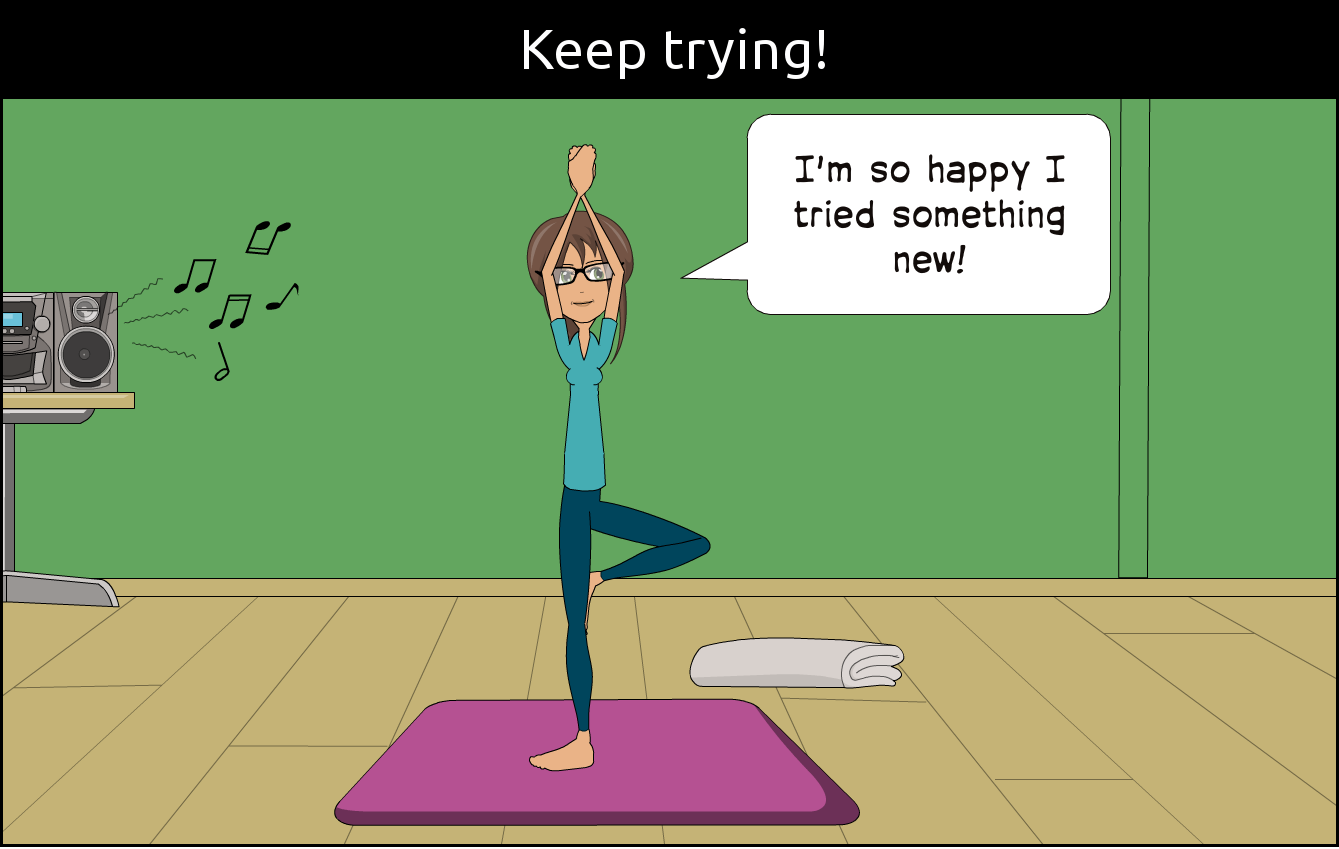Stop! Hobby Time!
One of the most important activities in a person’s daily life is one that is often overlooked or may even be non-existent, their hobby. In childhood we are commonly pushed to try new activities, clubs, sports, in an attempt to help us develop our abilities, make friends, and learn about ourselves. What is interesting is that for many, this personal development seems to end upon entering adulthood. After all, who really needs friends, skills, or personal development? The lack of focus on hobbies is understandable as we age, our free time which is where we used to engage in our hobby as children, is taken up by work and other daily obligations. As will be discussed in this article, having a hobby and making it a priority can be an important staple of a person’s daily life which can provide a number of direct and indirect benefits.
In this article a hobby can be defined as any activity that a person participates in that enables them to build some degree of mastery (ability to improve), preferably has some sort of social involvement, and extra bonus points if that hobby is physically active. Examples of hobbies are activities such as bowling, tennis, knitting, scrapbooking or woodworking, a team sport like softball, are just a few of the multitude of hobbies out there. An activity such as watching television, while a pleasur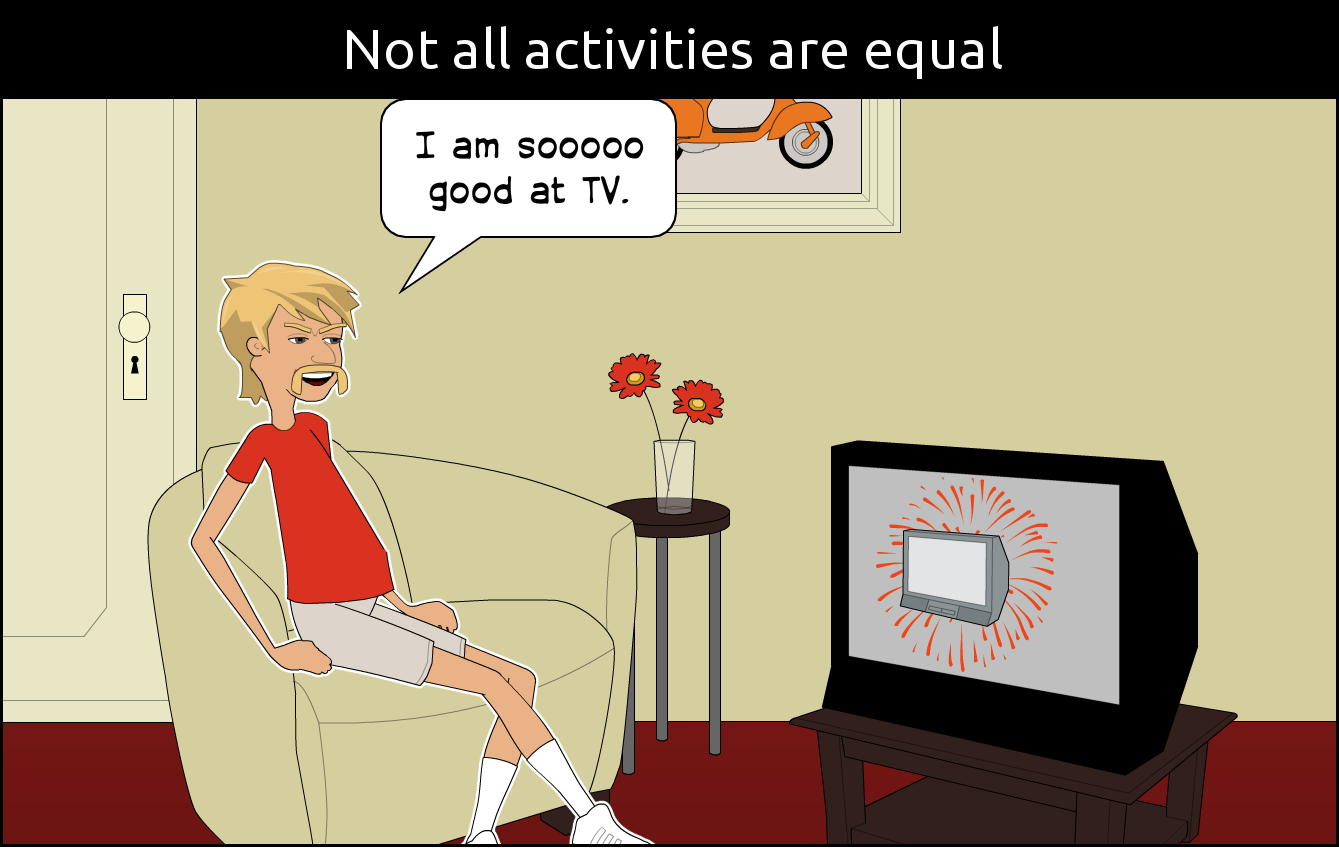 able activity that can be social under this definition, is not considered a hobby. This is because if we observe person A watching television today then observe them again after 10 years of watching television, what skill has been developed? Even if they have watched 10 years of shows about woodworking, they may have some knowledge about the skill but lack the ability to practically demonstrate it.
able activity that can be social under this definition, is not considered a hobby. This is because if we observe person A watching television today then observe them again after 10 years of watching television, what skill has been developed? Even if they have watched 10 years of shows about woodworking, they may have some knowledge about the skill but lack the ability to practically demonstrate it.
Sense of Mastery
A sense of mastery for the purpose of this article is the ability for an individual to improve their skill level at any activity and to be able to recognize that improvement. Let’s use the example of learning to play the guitar. If someone picks up playing guitar as a hobby they will readily notice improvements in their ability to play notes, string together chords, and with time, play a song. The person learning guitar can see their improvement, what was difficult on day one is now accomplished with ease after months of practice. This development of guitar skills and recognition of improvement is what makes up their sense of mastery.
This sense of mastery is beneficial in that it allows us to point to some level of personal achievement, it is positive information about ourselves which serves to subdue any sort of overly negative thinking. As a counselor I find using evidence of achievement through hobbies especially helpful when assisting people with addressing negative self-directed beliefs. For example, our guitar player now with three years of experience playing guitar has come down with depression and is bothered by the thought, “I am worthless.” This is a very common idea and is easily discredited when we use information about a hobby as evidence. In the example of our guitar player we would look at the time spent learning the guitar—what value that has (would someone who is truly worthless be able to even play the guitar?), the relationships made through guitar, the unique life experiences that came as part of the hobby—all of these serve as valuable information contrary to the initial negative thought. This will in turn allow the guitar player to discredit the thought and likely feel a bit better about themselves.
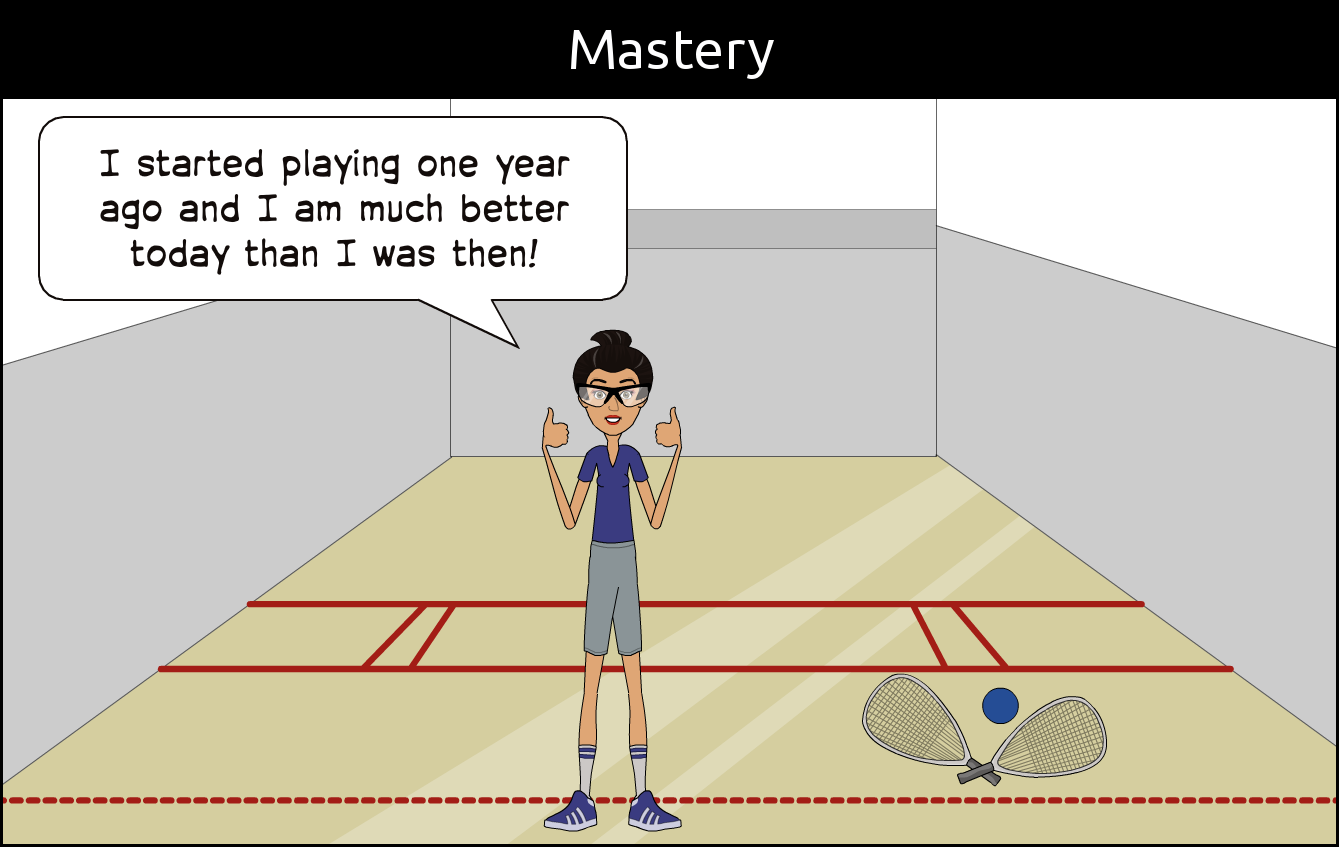
We can see through the example discussed about the guitar player that it is of importance for us to develop a skill that we, or others, can see our improvement. An activity that is very passive, such as watching television, can be difficult to see improvement and therefore difficult to use to challenge negative ideas we may hold about ourselves. An individual who watches television for 10 years would likely have a difficult time being able to point out how they improved at television watching, or how that activity has bettered them as an individual. This is not to say that watching television is wrong or not in any way beneficial, plenty of people watch television to take their mind off of their day. However, imagine having an activity that builds a skill and allows you to take your mind off your day, that allows you to accomplish what you want in the short-term, taking mind off day, and long-term, allows you to develop something which will help you grow a skill which provides you with a sense of mastery.
Learning About Ourselves
Through the process of developing a sense of mastery, the hobby can become a central component of how the individual identifies themselves. When introducing themselves to others, our guitar player will likely mention their skills as a musician, as the amount of time and skill developed has become an important part of how that person views themselves (their ideas about who they are). In addition to this, we learn many more lessons about ourselves through our hobbies. For example, it takes a great deal of patience on your behalf (and those around you when you are learning) to begin learning an instrument, if we continue to play, it highlights that patience or persistence as a quality we have. If we are open to playing our instrument for others, it shows we have a quality of taking enjoyment in entertaining others. If we play in a band, it demonstrates we can cooperate with others. These are additional qualities that become highlighted to us through the process of engaging in our hobby.
This is not to say that it is impossible to learn about yourself without a hobby. We learn may lessons about ourselves through daily life. You can easily learn that you are patient by observing how willing you are to wait in line at a grocery store or whether you are able to listen to someone you know who likes to draw out stories. Hobbies serve to help us observe these qualities in different contexts and allow us to better see our qualities. It may be difficult to see that you are a patient person at work because you may believe that is expected of you and everyone else. One can easily see how the expectations of a situation can therefore make it difficult to see what our true qualities are versus what we believe is expected situationally. Through engaging in practice of a hobby, which is optional, it gives a clearer playing field in which we can identify qualities about ourselves.
Signs vs Symptoms
Hobbies serve yet another important function to our well-being in that they are a routine activity in our schedule that can help us to see that our mental health is being impacted. In mental health there are “symptoms” of mental illness, which are experiences like loss of appetite, loss of pleasure in activities, difficulty concentrating, sleeping excessively, etc. Symptoms are experienced by the person. For example, a symptom like excessive guilt may be difficult for someone else to see, but the individual experiencing the excessive guilt can readily identify it. Hobbies serve another important function because a person who has become depressed may be experiencing a loss of pleasure in activities. If the guitar player suddenly no longer finds playing enjoyable, it serves as an indicator to that person that something could be going on. Without a hobby, we are left to try to observe our loss of interest in other activities which may be a
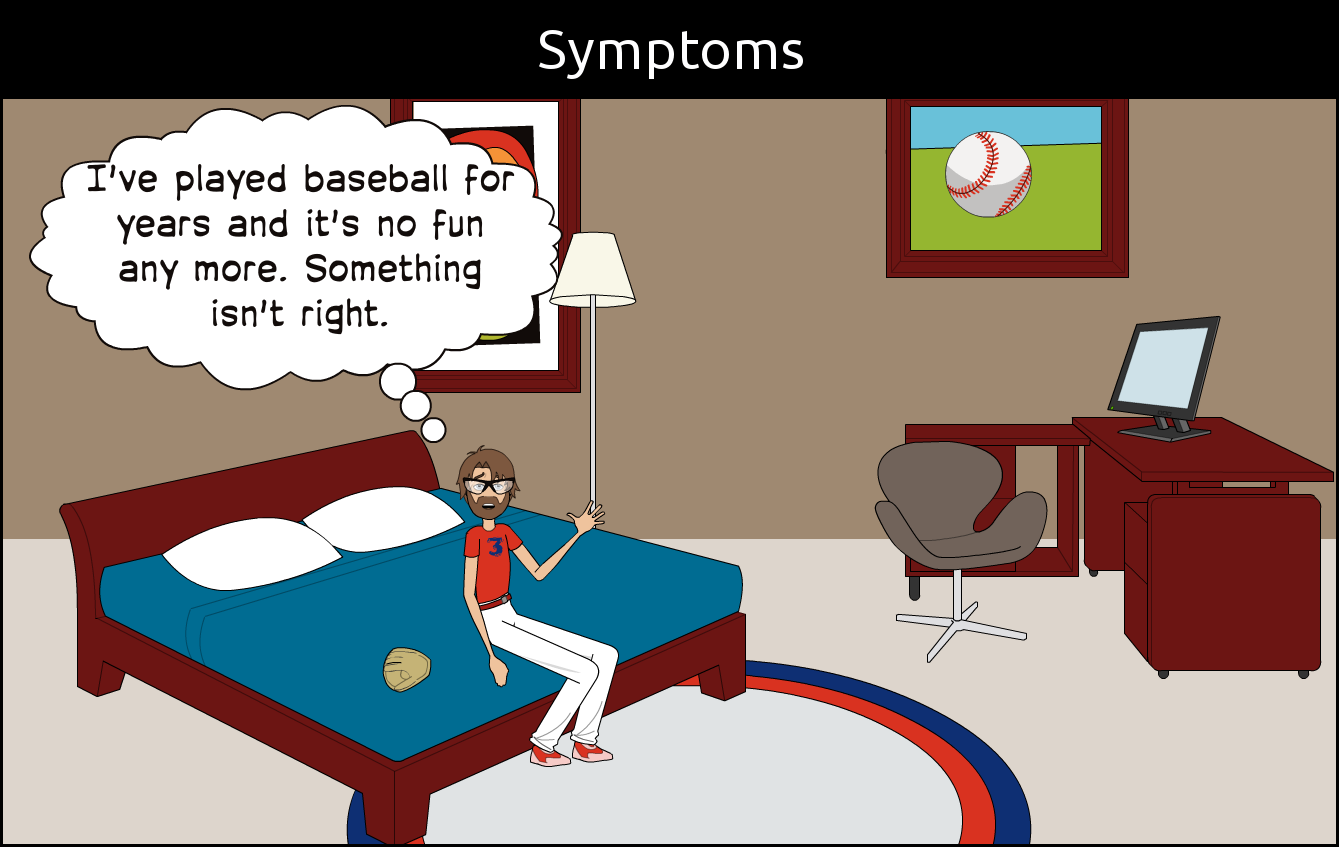
bit more difficult. Having a loss in activities at work can easily be dismissed as having a bad week or just not liking a job. However, suddenly feeling as though playing guitar, after playing for several years, is no longer fun, can send an immediate message to us that we could be experiencing a mental health condition such as depression.
In addition to symptoms there are also “signs” of mental illness which also help us identify that something might not be right with someone. These are behaviors or qualities of a person that other people can observe. Examples of signs are, someone stops taking showers, wears the same clothes repeatedly, or stops doing an activity they routinely participate in, etc. Being that those around us generally know our hobbies and our routines, a change in our behavior, such as no longer going to rock climbing club, may be a sign which informs those around us that we may be experiencing a mental health condition.
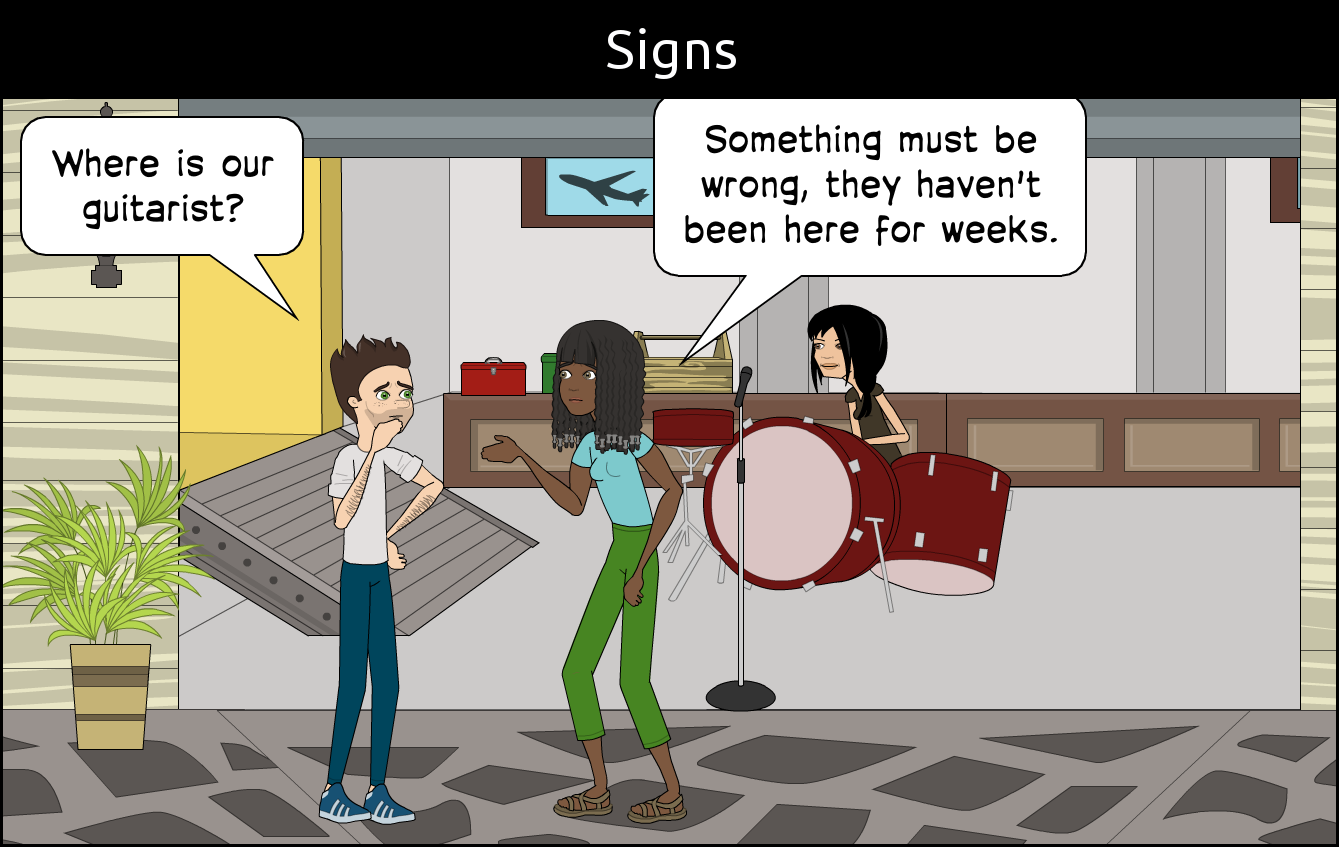
Lets take a look at how this may look when applied to a person. Our guitar player regularly attends jam sessions twice a week for a few hours with friends, suddenly, our guitar player stops going without reason. Almost immediately band mates may notice the change which could then lead them to try to understand why the change occurred, and potentially to them trying to get our guitar player help get back to practice or even seek professional assistance. From the guitar player’s perspective, they might begin to notice that they no longer experience the same level of fun playing with the band, they don’t want to be around others, they may begin to think they are holding the band back and therefore will no longer attend any jam sessions. Seeing this change in themselves, the guitar player may then attempt to seek assistance as they can see how things have rapidly changed for them. From playing regularly with friends, to not at all, is valuable evidence for the guitar player and those around them to help understand if the guitar player is experiencing a mental health condition that would be more difficult to detect without a hobby.
Social Benefits
In addition to a sense of mastery and a warning system that helps us identify changes in our mental health, a hobby provides a number of social benefits. Having a hobby immediately taps individuals into a social network through the shared interest with no effort at all. Having that shared interest first makes meeting others much easier: when you meet a new student at your martial arts academy it immediately gives you a common topic of discussion. It allows you to share your knowledge about your hobby and in turn to learn from others. This initial narrow focus of interest becomes broader with time as you learn more about others within the group with whom you share the interest. Sharing a hobby with others inevitability leads you to build a history together even within the context of the hobby.
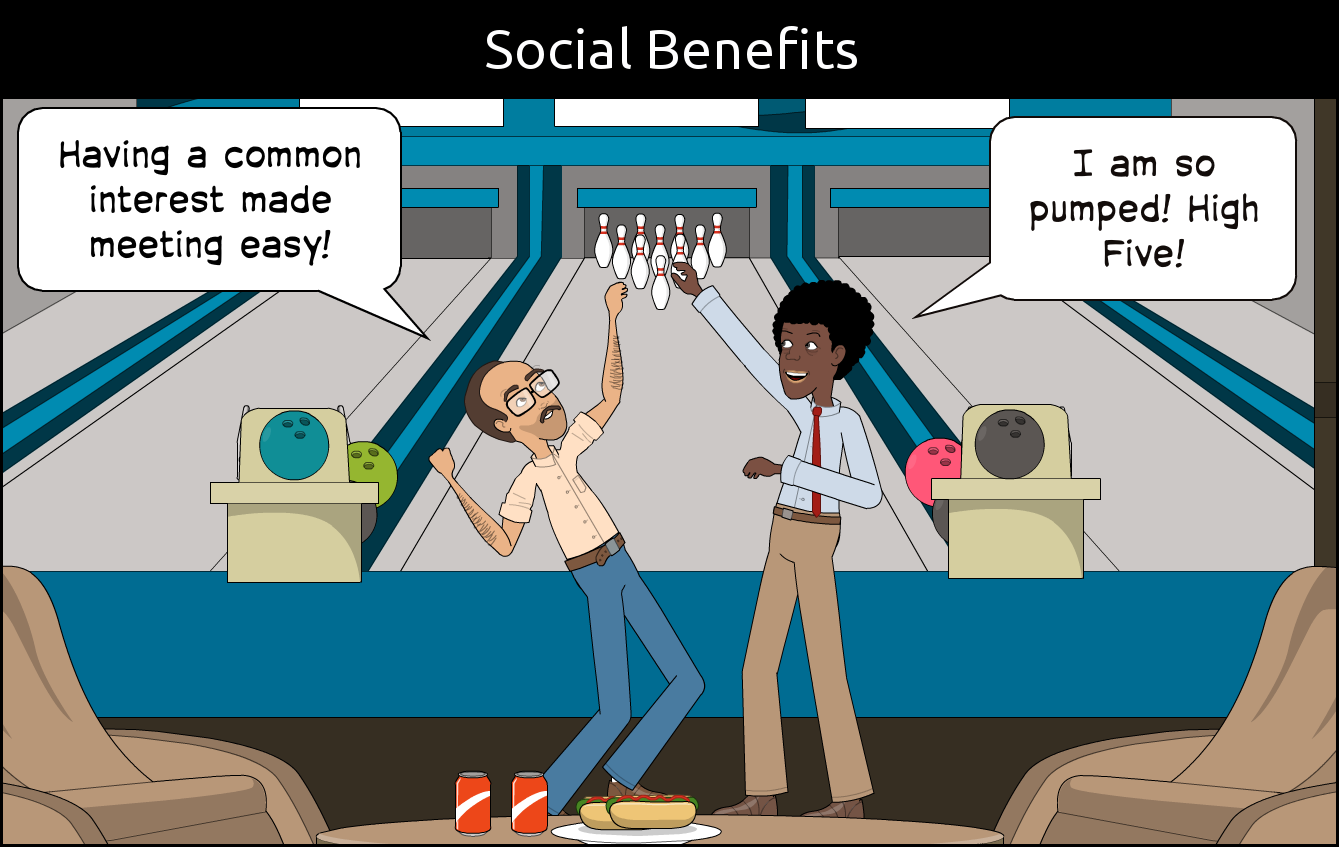
For example, a martial artist recalls memorable sparring sessions with teammates or comradery from support of training partners while participating in competition. It is through this process of getting to know others that you may inevitability meet people who could potentially become friends outside of the hobby, or even a romantic partner. Even if you discover that you may not want to be friends outside of the activity, you develop friendships that are strongly connected to that activity. This is of great benefit because if you don’t like a certain person, at least you know you will only them within the context of that activity!
Picking a Hobby
Picking a hobby can be a daunting task, many find themselves uncertain of which activity would be best for them given the vast number out there. As a general rule of thumb, try it. A hobby should be something you enjoy because it is an activity that you will eventually get better at and there is no sense in trying to get better at something you will not enjoy! If there is an activity you have always wanted to try, there is no better way to figure out if you like it than going out and giving it a shot. If you have no clue what you may be interested in, look at past activities you have enjoyed, what were the aspects of those activities that you enjoyed, then do some research. The worst outcome from trying an activity is that you don’t like it, in which case, try something else!
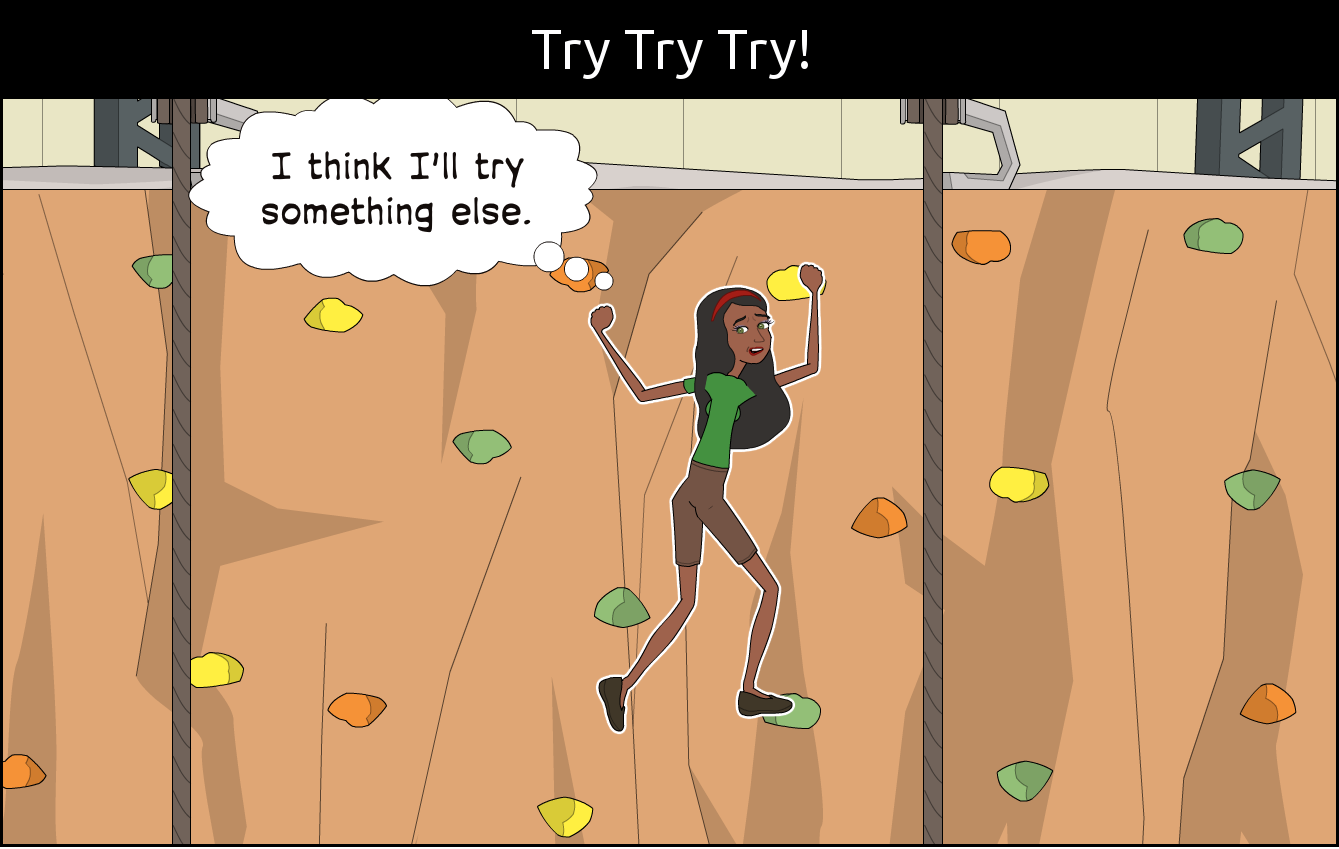
As discussed, the best hobbies have some sort of social interaction and an extra bonus if they are physically challenging. Being that this is not always possible or within our interest, it is important to try and incorporate those aspects into your hobby. For example, if your hobby is something like scrapbooking which can be done in isolation, find some local classes to attend, search online for social scrapbooking groups, or find a convention to attend to engage with others socially. This will take an activity which could be done in solitary and turn it into an activity which increases your social interaction with others.
Conclusion
As has been discussed, there are a number of personal and mental health related benefits to having a hobby. The positive effects of mastery, social interaction, and physical activity are well documented as having a positive impact on individual physical and mental health. As noted, these positive benefits can help us recognize mental health conditions, teach us about ourselves which helps us refute negative ideas that may be the result of a mental health condition, and develop positive relationships. It is my hope that through reading this article you may now see further benefits to your own hobby, seek to improve your current hobby, or if you have no hobby at all, you go and get one!
